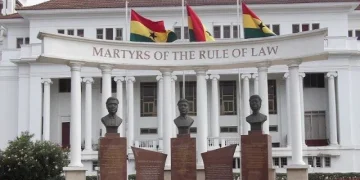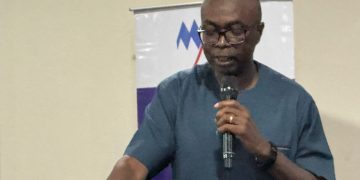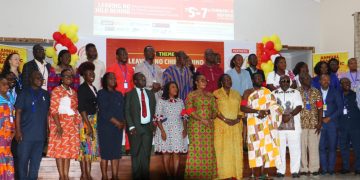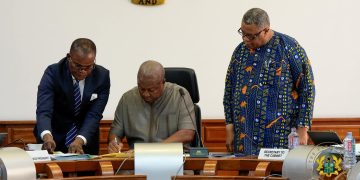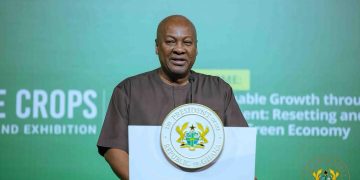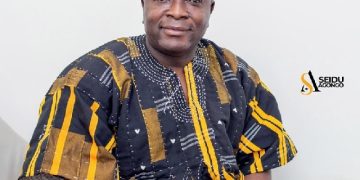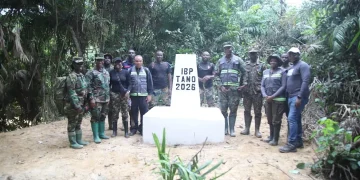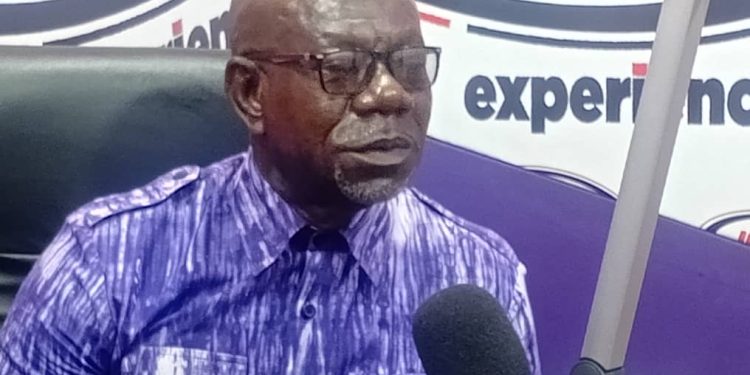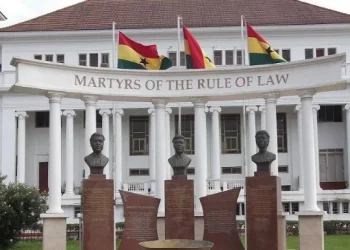The Ashanti Regional Chairman of the Ghana Union of Traders Association (GUTA), Mr. Anthony Oppong, has expressed strong displeasure over what he describes as the weak enforcement of laws regulating trade activities for small and medium-scale enterprises across the country.
Speaking on Ultimate Cup of Tea hosted by Sachiel Ibn Yaccub, Mr. Oppong lamented that it is disheartening and inappropriate for an entire nation to establish laws meant to guide its people, only to leave those same laws dormant.
He emphasized that for nearly two decades, Ghana has made no significant progress in enforcing provisions of the Ghana Investment Promotion Centre (GIPC) Act, 2013 (Act 865) specifically Section 27(1), which prohibits non-citizens from engaging in petty trading, hawking, or selling goods in market stalls.
Mr. Oppong called on President John Dramani Mahama to factor this issue into his “resetting agenda” to regulate what he described as a growing menace that continues to dominate markets, particularly in central business districts across the country.
“The same attention given to laws that prohibit non-citizens from contesting parliamentary seats should be channeled into strengthening the GIPC Act, 2013, to protect Ghanaian-owned small and medium businesses,” he stressed.
The GUTA Chairman further described doing business in Ghana as highly expensive, citing the “obnoxious” import duties traders and importers face in clearing goods at the ports.
According to him, foreign traders exploit loopholes and enjoy undue advantages, including amnesty and reduced clearance costs, enabling them to sell at cheaper prices to the detriment of local traders.
He also alleged that some foreign traders smuggle goods into the country through illegal routes, selling them at lower prices to outcompete Ghanaians, which he said tarnishes the image of local businesses.
Mr. Oppong urged government to ensure the strict enforcement of the GIPC Act, not only to protect Ghanaian traders but also to attract investors who can bring in the technological expertise the country lacks.
He highlighted the need for value addition to Ghana’s natural resources including cocoa, timber, gold, and diamonds rather than allowing foreigners to dominate petty trading and hawking in local markets.
Story by Emmanuel Anyam


